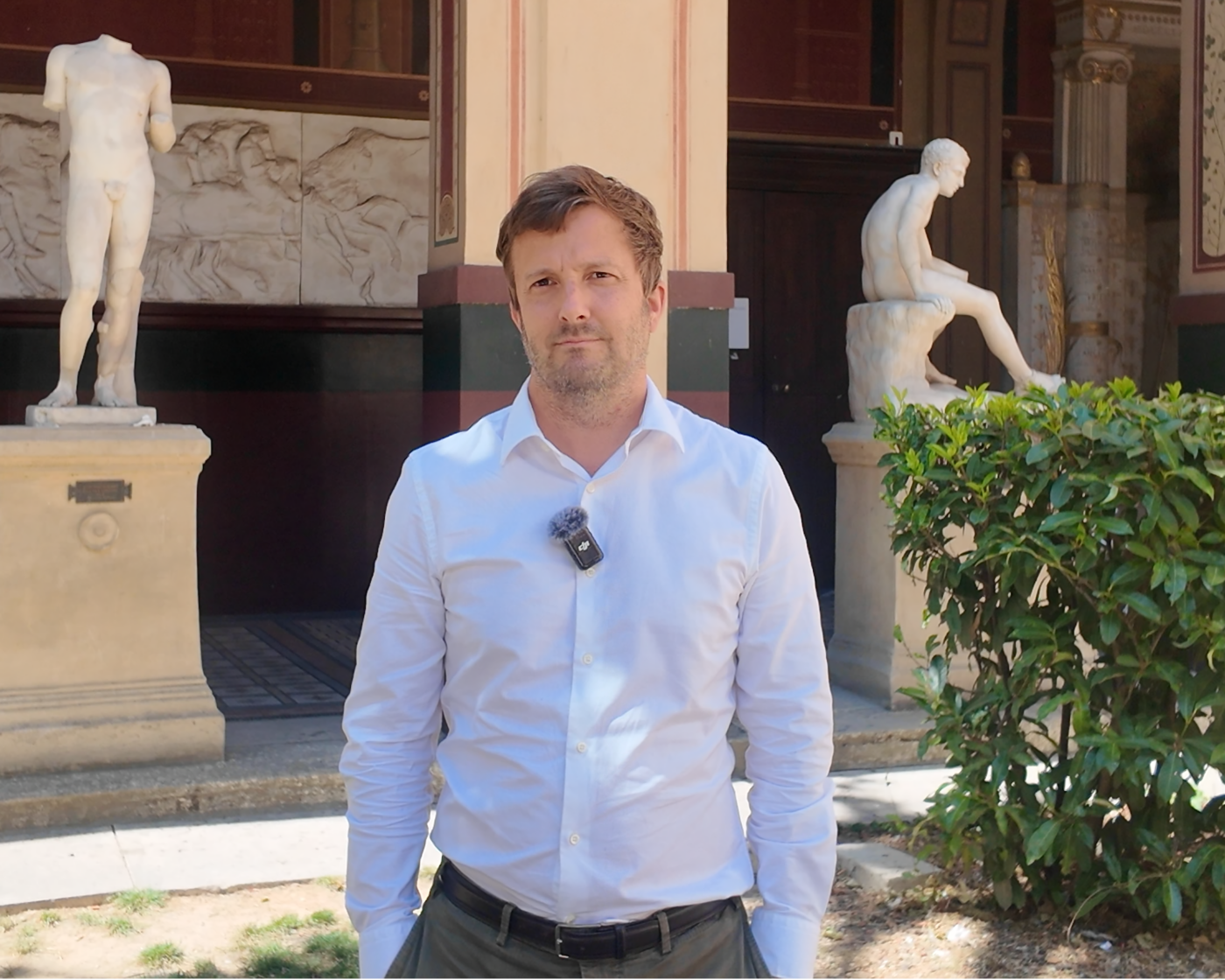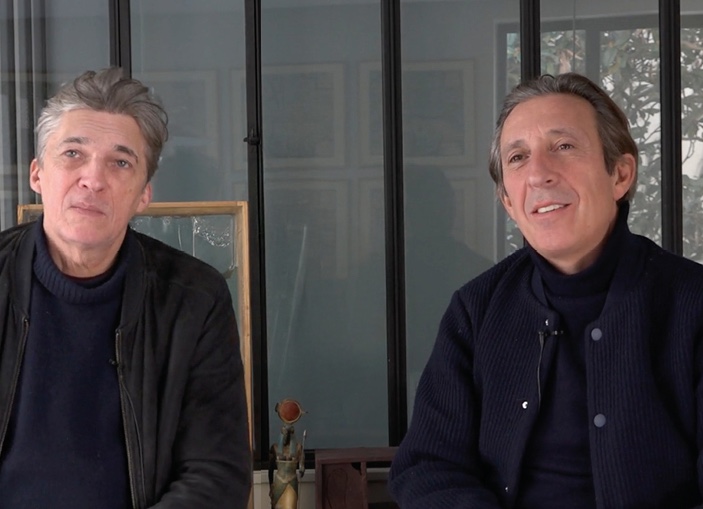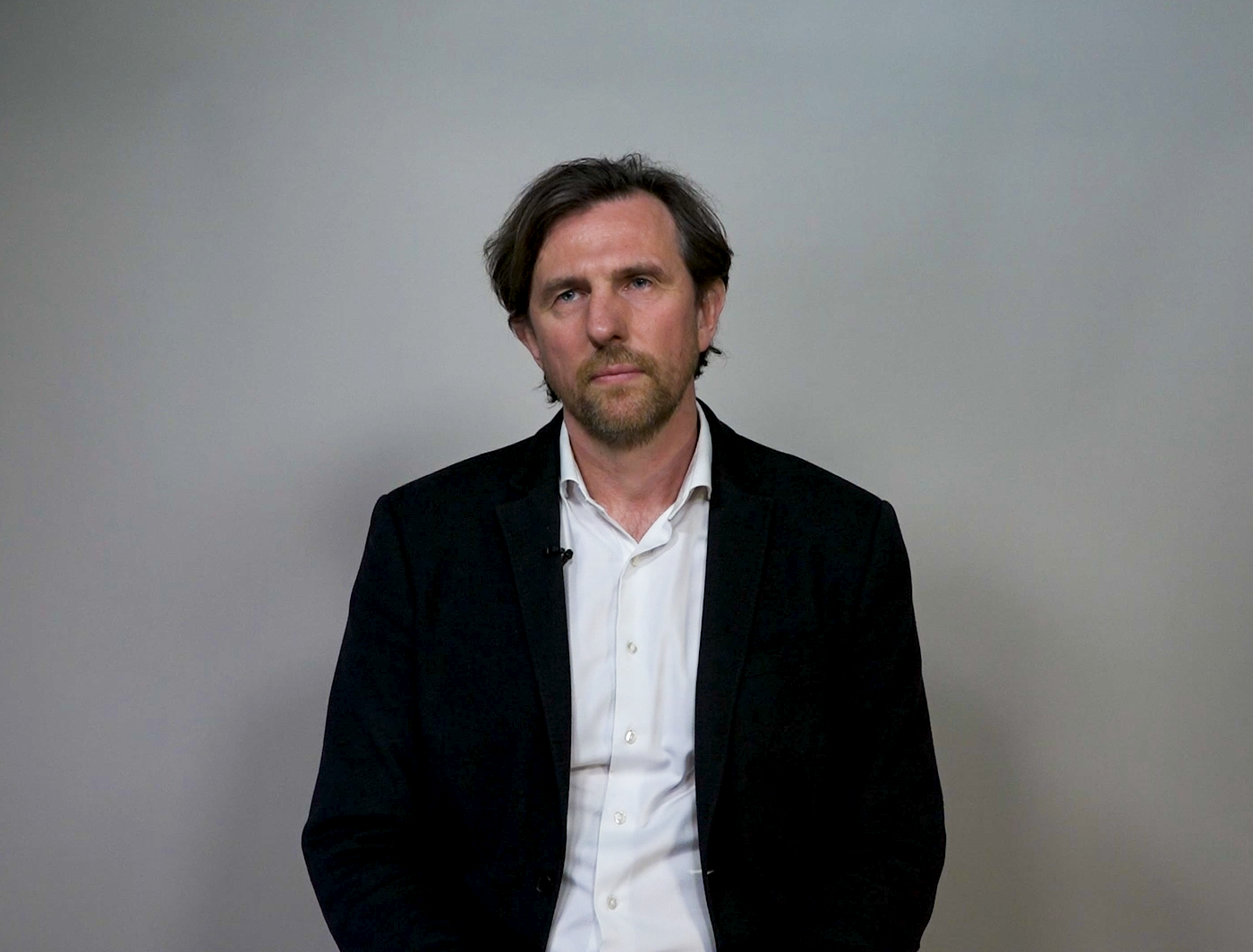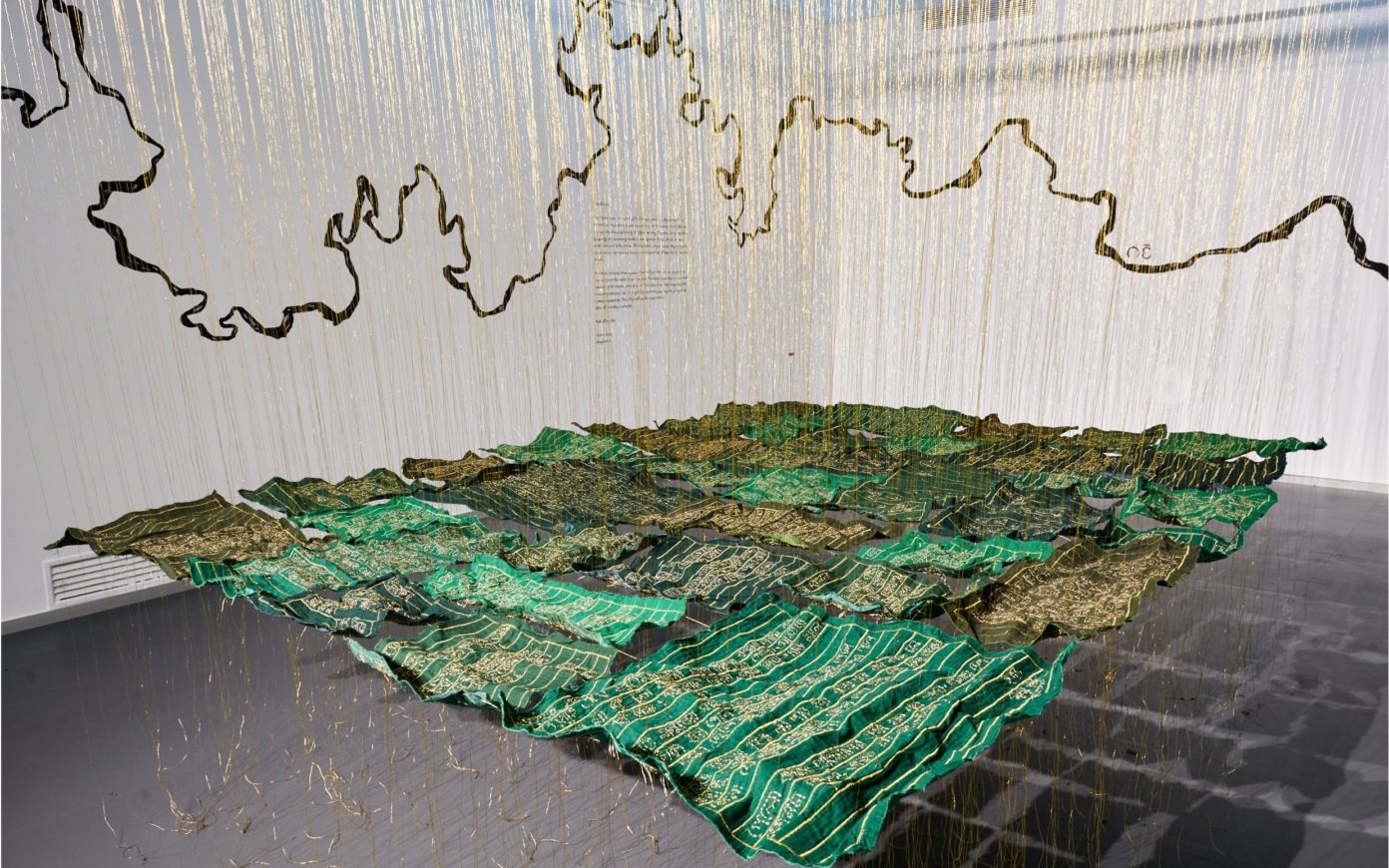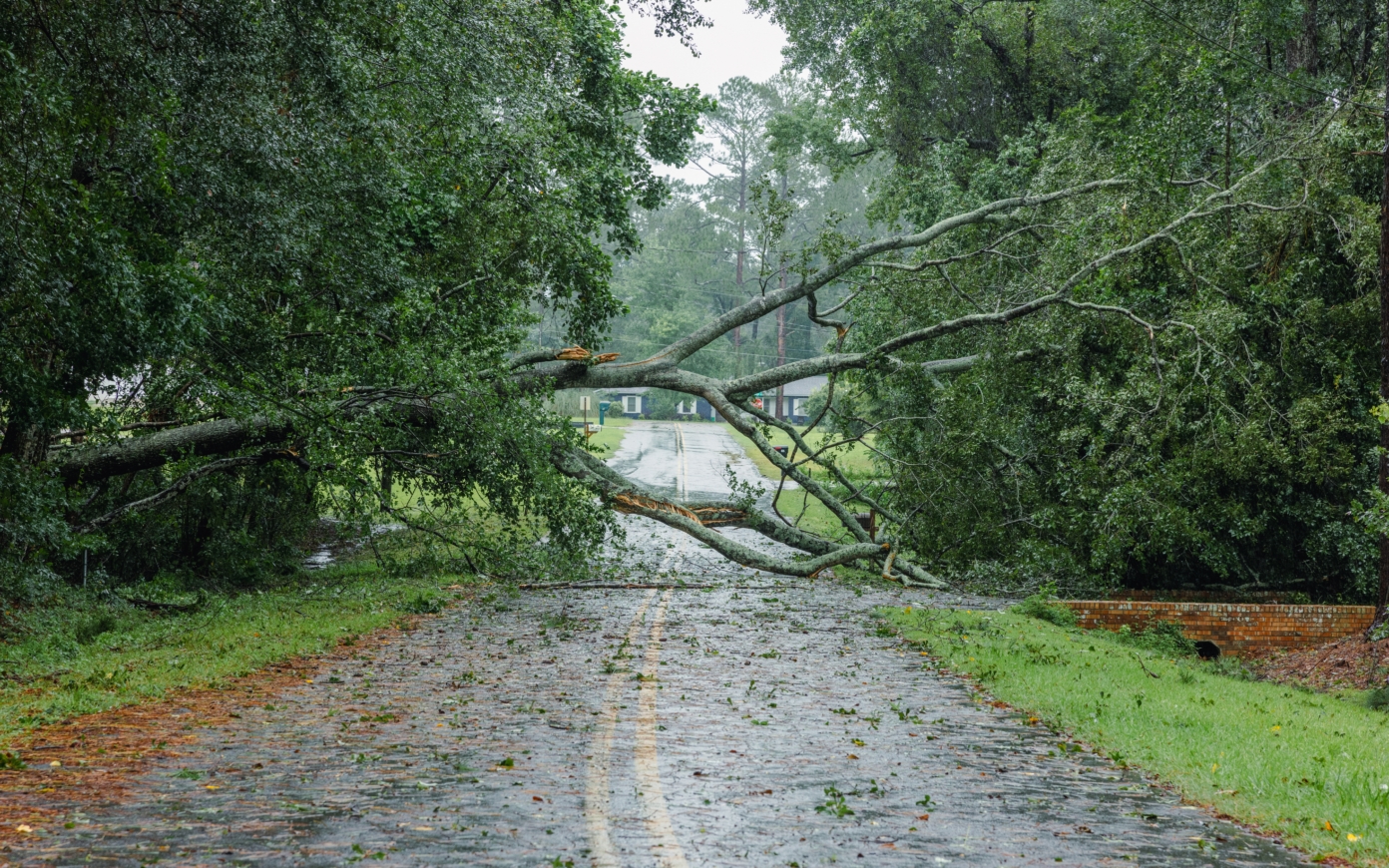Embody the concept of blockchain

- Publish On 23 April 2017
- Primavera de Filippi
- 4 minutes
In this interview filmed at Harvard University, Primavera de Filippi takes us through the concept of “blockchain”, a decentralized online technology. As a researcher at the Berkman Klein Centre of Harvard, Primavera de Filippi built “plantoids”, which are mechanical representations of plants, to illustrate how blockchain works. The “plantoids” need bitcoins to reproduce themselves and send royalties to the artist and “parent plantoids” who created them. This revolutionary system is a contradiction to the model of copyright based on exclusivity and scarcity, as the artist has, in this case, the incentive to make the plantoid as visible as possible, as well as to support the maximum of derivative works.

